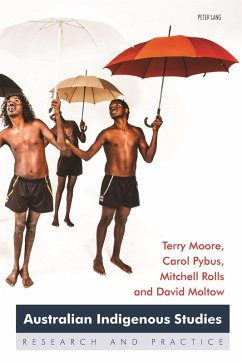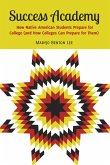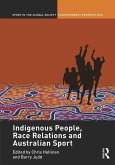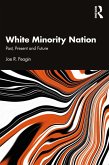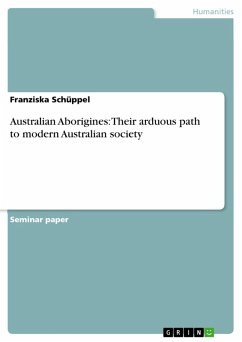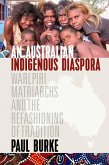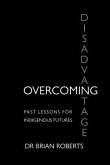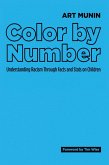The Indigenous Studies presented in this book rejects as unproductive the orientation of orthodox Indigenous Studies, which promulgates the retention of old cultures, positive stereotypes, binary oppositions and false certainties. It adopts a more dialogical and process-oriented approach that highlights interactions and relationships and leads to the recognition of cultural and identity multiplicity, intersection and ambiguous difference.
The book covers key topics such as ancestral cultures, colonisation and its impacts, identity politics, interculturality, intersectionality, structural marginalisation, unit development and teaching complexity. The focus of the book is the development of a sensibility that can shape readers' perceptions, decisions and actions in the future and guide teachers in their negotiation of intercultural classroom relationships.
Dieser Download kann aus rechtlichen Gründen nur mit Rechnungsadresse in A, B, BG, CY, CZ, D, DK, EW, E, FIN, F, GR, HR, H, IRL, I, LT, L, LR, M, NL, PL, P, R, S, SLO, SK ausgeliefert werden.
(Michelle Carey, Australian Aboriginal Studies 2/2017)

